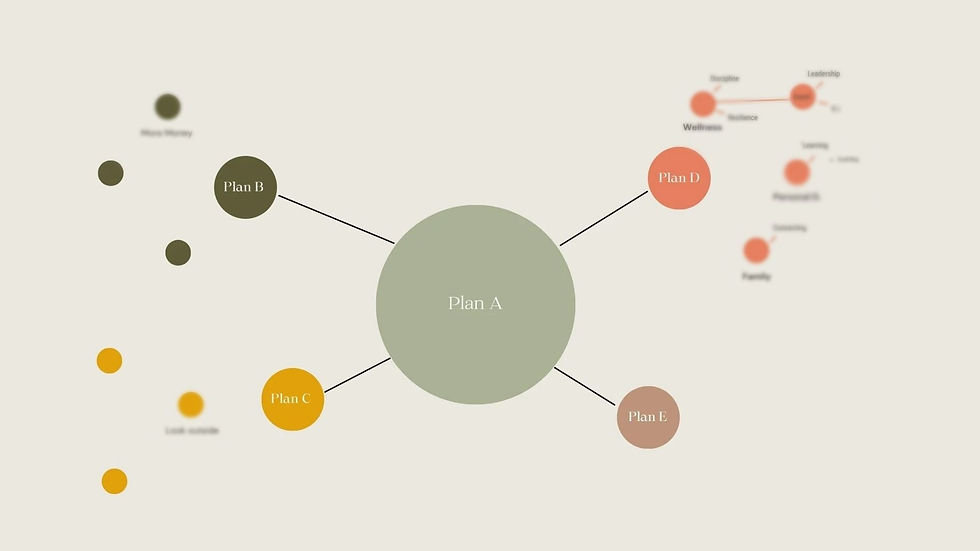Under the Influence. Part 2: Emotional Stress.
- simonavaglieco
- Jan 5, 2022
- 2 min read
Updated: Jan 6, 2022

Emotional Stressors are probably the ones we know better. Fear, Love, Anger, Sadness and Guilt are feelings we experience every day.
Some people are wary of emotions, and emotional reactions can take us by surprise. There is no such a thing as positive or negative emotions. We just need to make sure they work for us rather than against us. Take for example fear. Fear is born out of self-protection, and it plays an important role in protecting us from danger but it can hinder us from taking advantage of opportunities.
Anger can be destructive and can drain us but it can also give a certain level of grit that can help to get things done.
What trigger these emotions for us?
Knowing what pushes our buttons helps to manage motions in the first place. The switch is already there ( our fear, insecurity, ...) and when it gets pressed, we can feel its full force. Our logical brain is completely overwhelmed. Our heart takes the lead and can create multiple interpretations of reality that may reinforce and strengthen our perceived weaknesses.
Meet Ed.
Ed had missed out on his promotion. He knew he was the right man for the job. He believed that his role was crucial. for the success of his company. Ed was furious. He was trying to make sense of it but he just couldn't. Trapped in his narrative, he was looking for clues to reinforce his own interpretation of the story. And it didn't help that he felt a let down especially when comparing himself to his friends who were. according to him, had more successful careers (the real emotional button). He vented to his partner but it didn't really help. Ed was caught in the eye of an emotional and (potentially destructive) storm ready to hit with its full force.
How can we better navigate emotional stress?
Allowing time between the event and the reaction can help to distance ourselves emotionally from the situation, gather more information and potentially find a way to tackle the issue more constructively. Counting to ten is still great advice when it comes to navigating the whirlwind of emotions, because it protects us from making a bad situation worse. So its' always best to let that angry email rest in the draft inbox for at least 24 hours before pressing the send button.
We can still go a step further and learn what is creating this flood of emotion in the first place. Next time pause, take a breath and ask yourself:
What story am I telling myself that's causing the upset?
What else may be going on here?
How appropriate is my reaction to this situation?
If this situation will come up again, how will I handle it?
These four powerful questions can make help to better respond to a stressful experience. What's more by having a better awareness of our triggers we can be better supported in any future situation that can take our heart by storm.



Comments